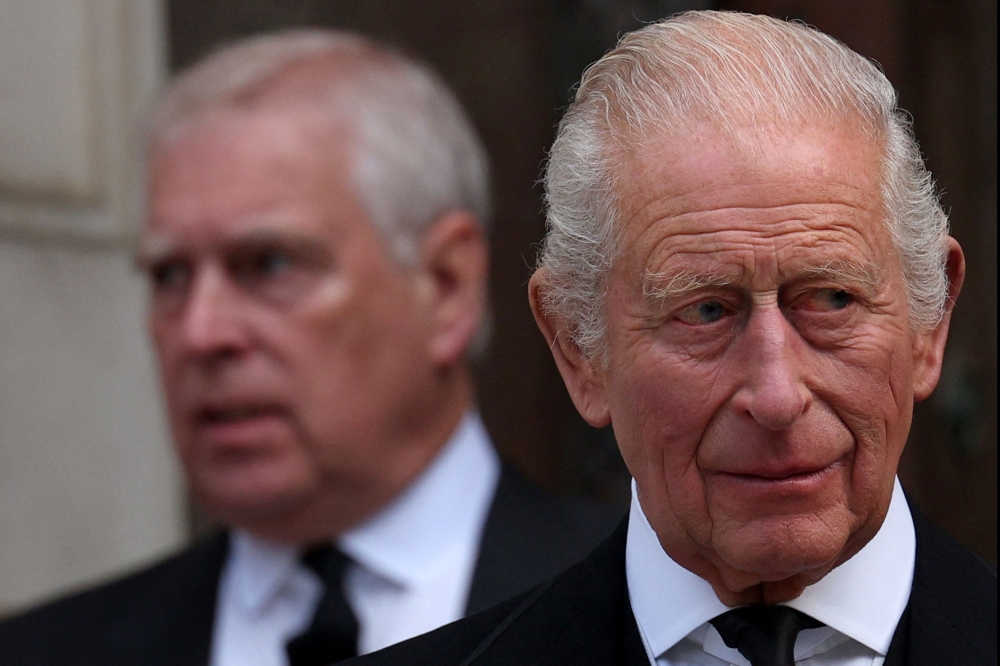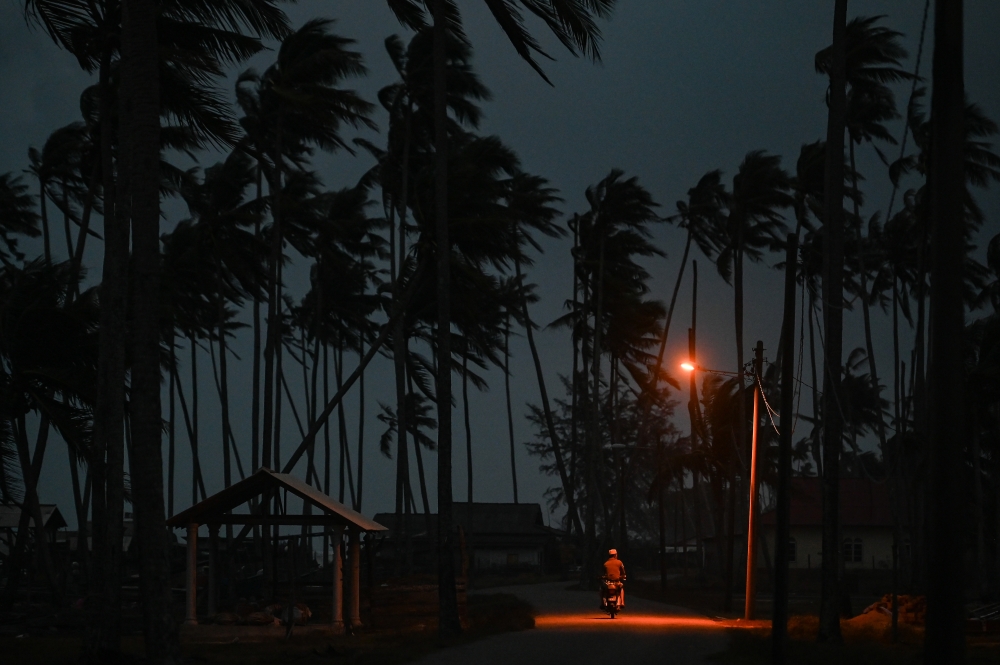JUNE 13 — It’s encouraging to see that last week the Cabinet agreed to abolish the mandatory death penalty in the country.
As many have noted, this doesn’t mean the death penalty is gone; it simply means judges will soon be able to pass down an alternative punishment.
Anyway, I ran a quick Facebook poll and interestingly, a few patterns emerged.
First, the #1 reason people are against the death penalty seems to be because it’s viewed as “barbaric” and lacking in redemptive qualities.
Its finality and terminal status proffers the kind of closure many people seem dissatisfied with.
I suppose it’s heartening to know that a sense of the sacredness of life persists in society, even if this life has done something terribly wrong.
Some of my friends tell me that nobody and no court has the right to decide that a person’s life can be justifiably forfeited as a result of his crime.
This merges with another key argument against the death penalty i.e. that it appears exclusively retributive in nature.
Capital punishment sounds absolutely tit-for-tat. Tom killed Dick’s parents, so Dick wants Tom (and maybe his family) dead too. That’s it. No forgiveness, no healing, no reconciliation.

So it seems the death penalty is about revenge, not justice.
What is just? Who decides?
On the issue of justice, though, one may ask how we could ever decide if a life should or should not be taken as a penalty. I mean, if someone murders another person, who’s to decide if the death penalty is just or unjust?
Is the repulsion against the death penalty merely a cultural thing? Is it necessarily ”progressive” to sentence, say, a serial killer to 200 years in jail instead of the electric chair? Why?
Interestingly enough, I know some liberal-leaning folks who hold that capital punishment should still be an option. They think crimes like paedophilia and serial rape as deserving of death.
I found it remarkable that these same people usually have no qualms insisting that murderers should be spared the gallows. Yet somehow when children are abused, punishments like chemical castration and/or being locked away forever don’t suffice.
How much, then, does culture play a part in our denunciation of capital punishment? How do we break free of the necessarily subjective positions taken in relation to the level or “category” of damage done which warrants death? How do we decide if abusing a child is a greater evil than, say, narcotics being distributed in society?
The strongest defenders of the death penalty, on the other hand, usually raise the issue of how a criminal has chosen his own fate should he perform acts which lead to said penalty.
The best example, of course (and again), would be murder. It’s relatively “easy” to criticise the death penalty as harsh when applied to issues like drugs.
The recent high-profile case of a mentally disabled Malaysian being executed in Singapore for drug-trafficking may easily give the impression that such penalties are overkill.
However, if I take another person’s life, isn’t it only natural and just that my life be taken in return? Isn’t the case that anything less may not be seen as justice? While I hesitate to endorse such a position, I must admit (and am very relieved) that neither me nor my family has been the victim of any particularly heinous crime. As such, I am unable to speak on behalf of the families of the victims of such crimes.
In this respect, maybe the call to remove the death penalty — especially if done too hastily — may be viewed as disrespectful?
As in, are we taking into account what the victims’ loved ones want? If it’s not our family who’s suffered at the hands of a killer, do we have any right to silence the demand of the victims’ family members for justice in the form of the culprit’s life being taken in return?
Perhaps, for this among all issues, a lot more thought is required.
* This is the personal opinion of the columnist.






















